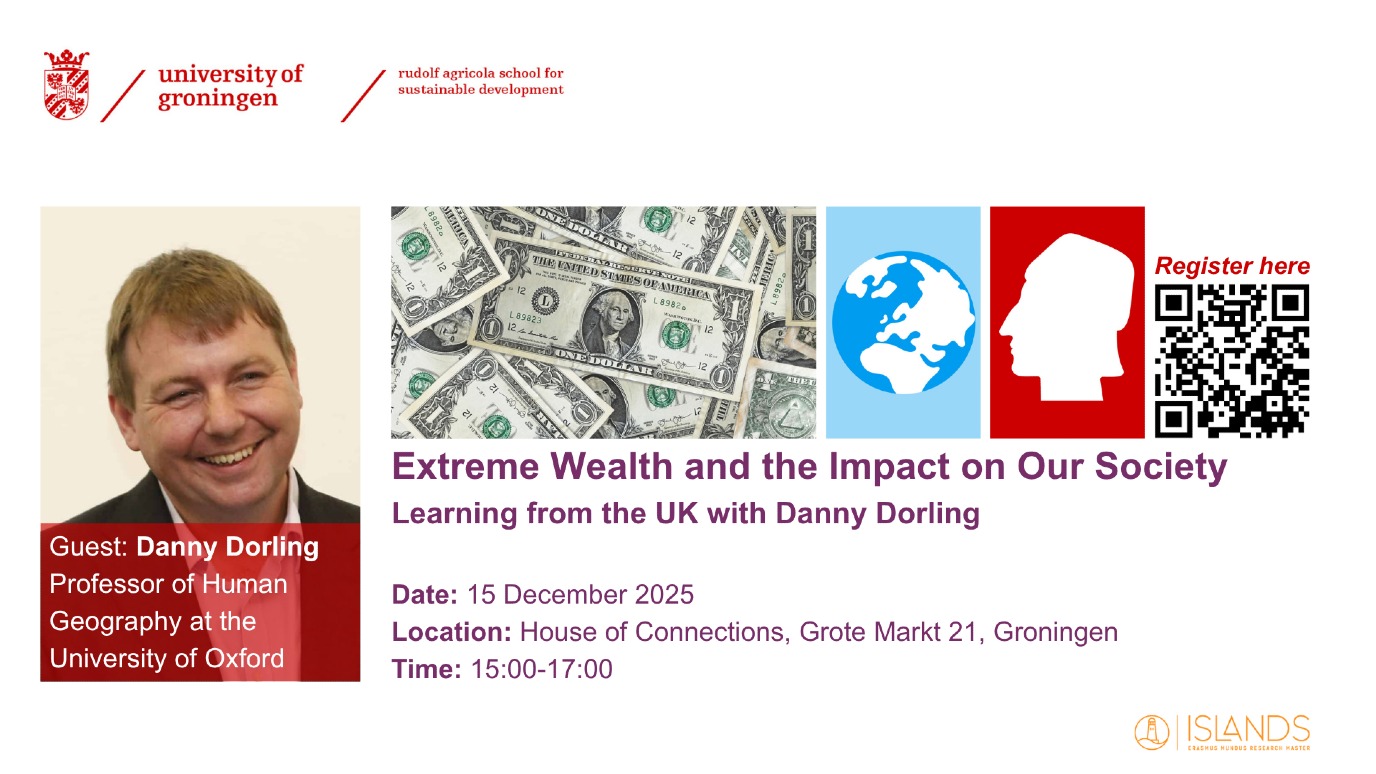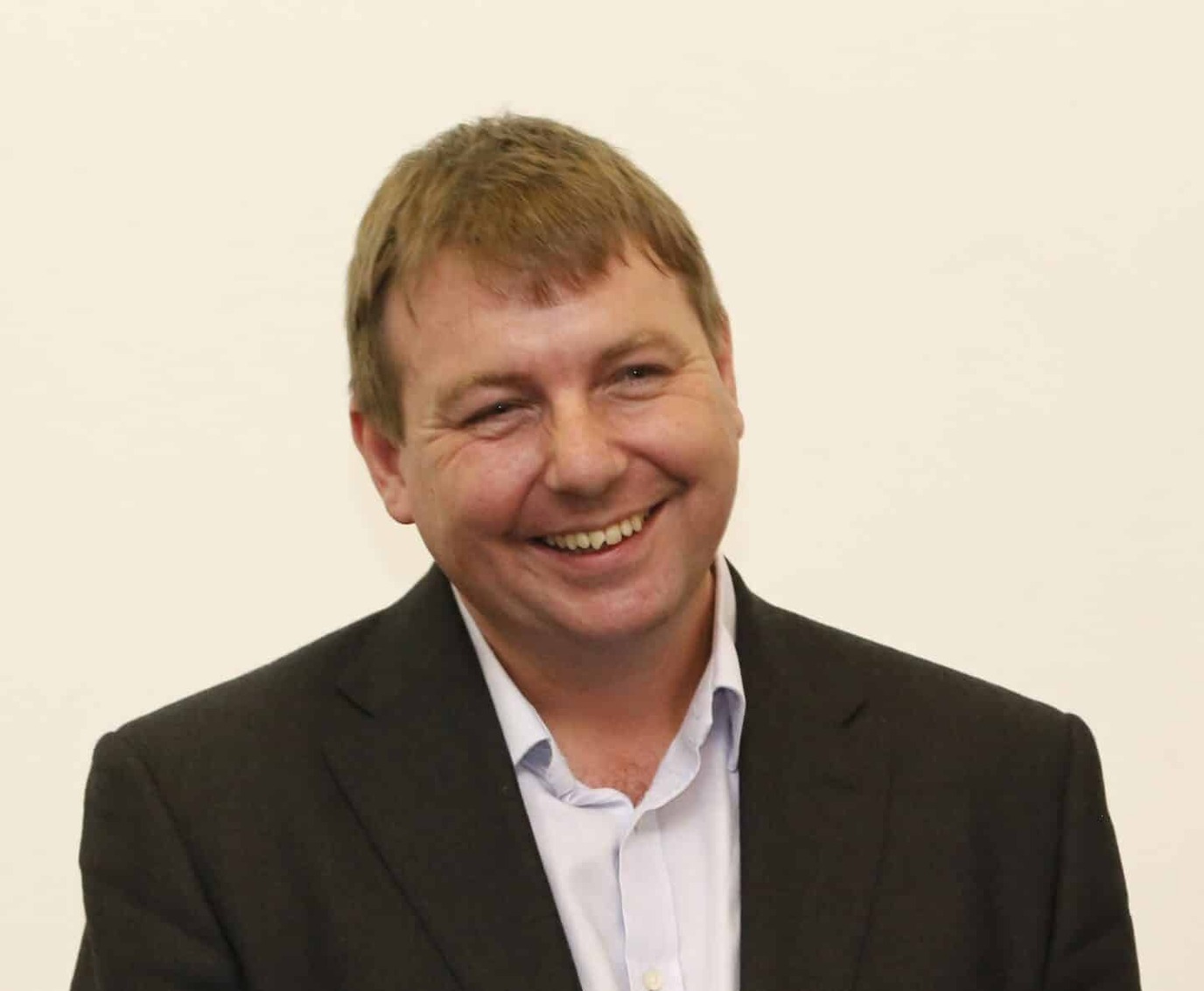Extreme Wealth and the Impact on Our Society: Learning from the UK with Danny Dorling

Do billionaires drive innovation or deepen inequality? Does extreme wealth strengthen economies or weaken democracy? As global disparities grow, it is essential to bring these questions to the surface in an open dialogue.
During this gathering, Danny Dorling, Professor of Human Geography at the University of Oxford and a leading expert on social inequalities in the UK, will open the stage for a critical interdisciplinary discussion and help us explore the consequences of extreme wealth.
He will begin by shedding light on the current situation in the UK, including the growing political involvement of the ultra-wealthy: why billionaires are becoming more active in elections, how debates around regulating emerging technologies such as AI are unfolding, and why the UK may be becoming a “target ground” for billionaire-backed politics.
After the talk, we will open the discussion together: weighing both benefits and risks, challenging our assumptions, and reflecting from multiple disciplinary perspectives on what extreme wealth means for our systems and society as a whole.
This informal gathering welcomes everyone — researchers, policymakers, students, and citizens eager to share their views.
This event is organized with the support of ISLANDS.
Register here and be part of this important conversation!
In the meantime, listen to the first series of our podcast Wijze Raad, which explores the pros and cons of billionaires.

About Danny Dorling
Danny Dorling is a Professor of Human Geography at the University of Oxford and one of the leading voices on social inequality in the UK. He has published extensively on topics including housing, education, employment, health, and poverty. In 2006, together with a group of researchers, he co-founded Worldmapper, a project that visualizes global data to reveal patterns of injustice. His latest book, The Next Crisis: What We Think About The Future (2025), draws on global polling data to show that the issues people worry about most are often very different from those covered in the news, offering insights into how we might better understand and respond to emerging global crises.
Learn more about Danny’s work and publications on his website.

